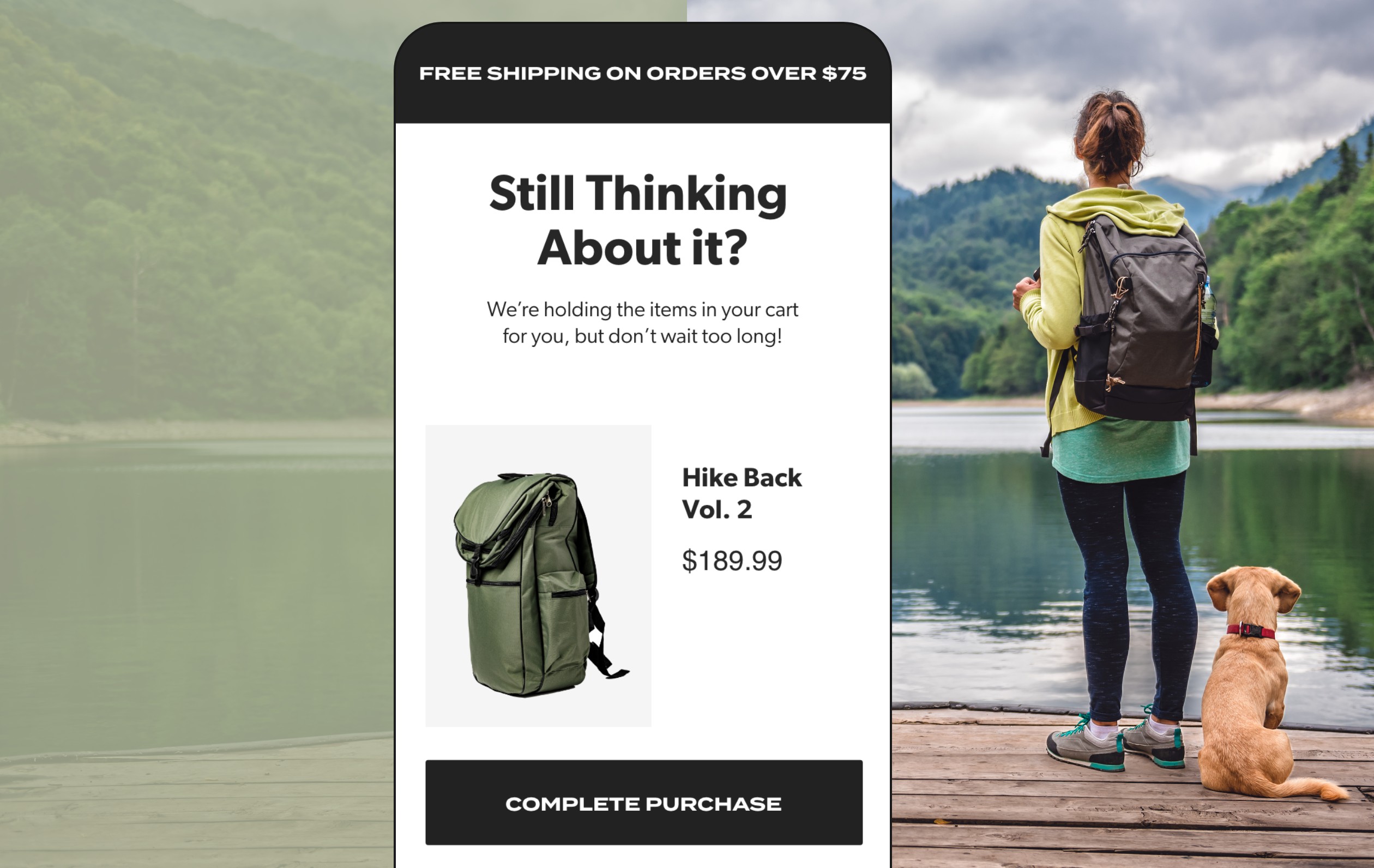By Miva | July 21, 2020

See why top ecommerce brands use Miva’s no-code platform to run
multiple stores, manage massive catalogs, and grow their revenue.
Many digital-native companies, ecommerce startups, and legacy brands have found great success with the direct-to-consumer (DTC) model. These DTC brands have connected to their potential and existing customers by developing a seamless shopping experience, fulfilling buyer needs, and building lasting relationships. As the retail and ecommerce landscapes continue to shift, a DTC model allows companies to take control of their distribution and carve out a unique space in the market.
Although selling direct has many benefits, there are marketing challenges to overcome when adopting a direct model. While shoppers may have purchased your products from other sellers, they haven’t had the experience of buying from your site directly. Your business will need to shift your marketing to address the consumer directly.
So, what is DTC marketing, and what are top DTC ecommerce brands doing to execute their strategies effectively? In this article, we discuss what matters most in DTC marketing and how to succeed as a digital-first brand.
DTC marketing refers to any strategy where a business markets their product or service directly to the consumer. This contrasts with B2C marketing, where businesses might sell their products through vendors or other intermediaries.
Because DTC ecommerce businesses need to convince shoppers to buy directly from their websites rather than visiting a retailer, DTC marketing efforts are often proactive and robust. Here are a few common elements included in DTC marketing strategies:
B2B marketing speaks to corporate buyers or other individuals making purchasing decisions on behalf of their organizations. The final buying decision often goes through several levels of approval from multiple employees and stakeholders. Because of this, B2B marketing communications are typically straightforward and educational, with a focus on logic and relationship-building. Wholesalers or other B2B sellers adding a DTC channel to their business will need to adjust their marketing communications to appeal to wholesale vs. direct-to-consumer audiences, depending on which audience they’re speaking to at which time.
Like DTC marketing, B2C marketing targets individual consumers and addresses their specific needs and pain points. However, many B2C businesses are vendors or resellers of another brand’s products, so not all marketing from a B2C company is for that company’s own products. For instance, a grocery store’s marketing might promote products from food companies such as Kraft or Coca-Cola. Because they both target consumers, B2C and DTC marketing will use many of the same strategies. However, B2C brands that start selling direct will need to assume a higher level of ownership over their marketing.
DTC marketing gives you full control of the end-to-end journey of your product. You have the ability to create direct relationships with your customers, providing opportunities to deliver value, address pain points, and create a standout brand experience. These benefits help spur brand loyalty and repeat business, enabling your brand to weather any future crisis and thrive in the long run.

As DTC models become increasingly popular, wholesale sellers may be looking to add direct-to-consumer channels. Building a single online ecommerce experience that serves the needs of both consumers and business buyers boosts efficiency and lowers costs.
To sell wholesale and DTC, you’ll want to look for an ecommerce platform that will allow you to accomplish both sales channels from a single domain, creating personalized experiences for each customer group.
To overcome the challenges of adopting a DTC ecommerce model, your marketing mix will need to increase product interest, improve your buying experience, and build retention among shoppers. The most successful DTC brands often use brand storytelling, digital marketing channels, and unconventional strategies to gain traction and improve their relationships with customers.
Here are examples of successful DTC marketing strategies seen in major brands:
The first step for any DTC business is to capture the attention of shoppers. User-generated content is an effective, budget-friendly DTC marketing technique to drive awareness to your brand, encouraging customers to buy and share your product and sparking engagement with other prospective customers.
Who Does It Right: BarkBox
BarkBox leverages a highly effective user-generated content strategy. They encourage customers to share unboxing videos from their curated dog treat subscription boxes, which helps them gain positive exposure.
In a disrupted economy, a content-first approach is key to reducing ad spend and scaling your marketing efforts. Content marketing can create a community of engaged customers that provides valuable input, sustains your business, and allows you to scale.
Who Does It Right: Glossier
Content is one of the factors behind Glossier’s success. Their online beauty publication “Into the Gloss” and curated content on social media helps their community to come together around shared interests in the beauty space. This customer-centric approach has led to new product ideas and content inspiration that have helped propel their online sales.
It’s easy to lose a customer’s attention after a sale is made and they navigate away from your site. Retain customers and keep your brand top of mind by creating a post-sale communication strategy.
Who Does It Right: Bloomscape
This indoor plant seller supplies a rich library of videos, plant care guides, and a unique onboarding kit to help customers care for their houseplants. This engages customers and opens the door for building loyalty and gaining repeat business.
To learn more about marketing and selling your products directly to consumers, check out our guide to adding DTC to your business.
This blog was originally published on July 21, 2020, and updated on October 18, 2022.
Share this article:
No worries, download the PDF version now and enjoy your reading later...
Download PDF Miva
Miva
Miva offers a flexible and adaptable ecommerce platform that evolves with businesses and allows them to drive sales, maximize average order value, cut overhead costs, and increase revenue. Miva has been helping businesses realize their ecommerce potential for over 20 years and empowering retail, wholesale, and direct-to-consumer sellers across all industries to transform their business through ecommerce.
Visit Website